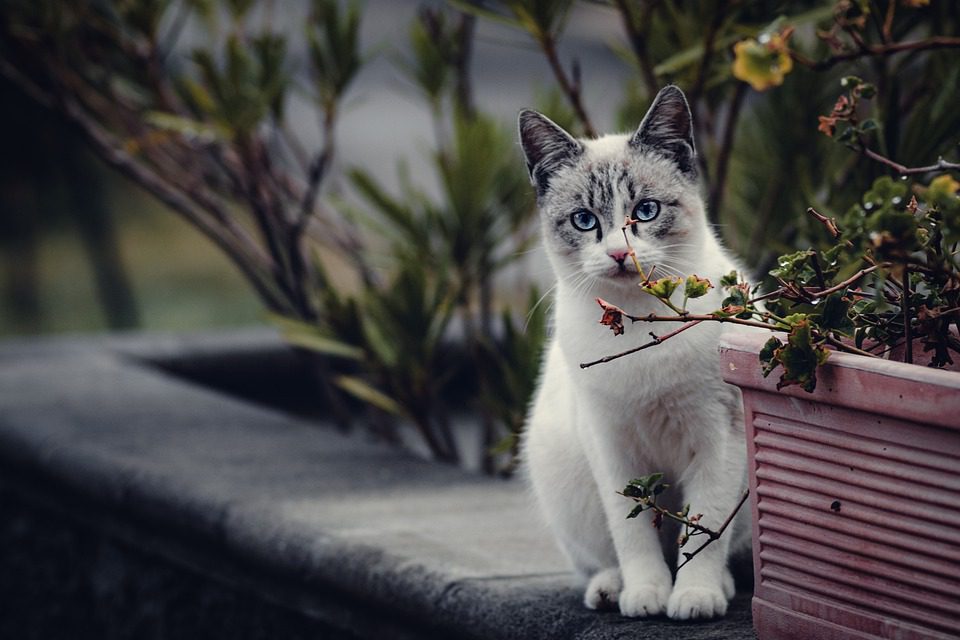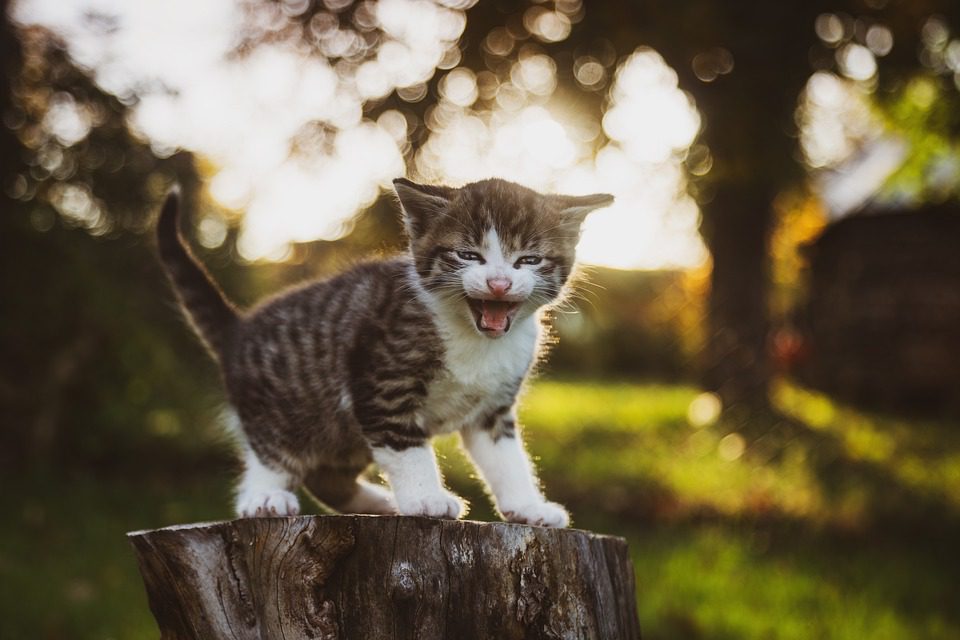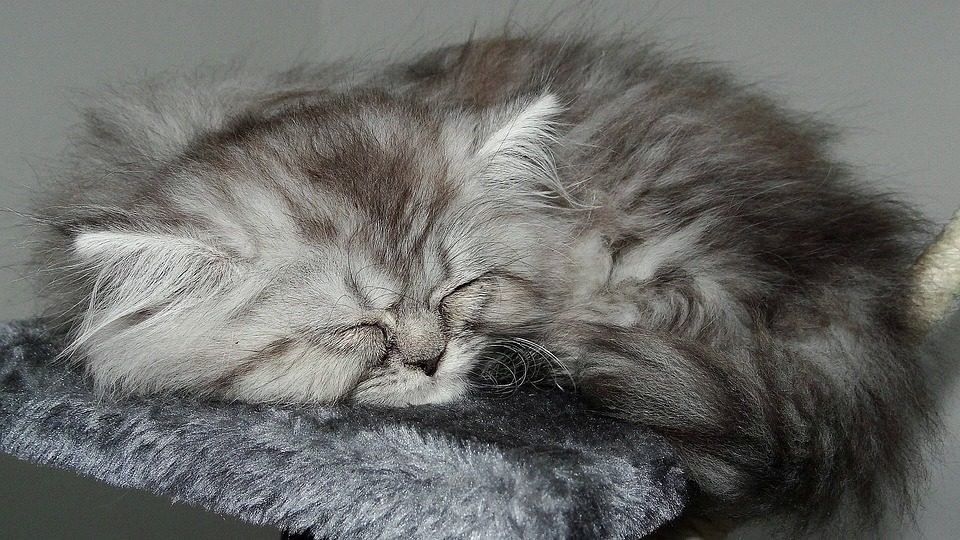The British Shorthair is a popular breed of domestic cat known for its soft, friendly nature. But do they ever get angry? While it’s rare for a British Shorthair to become overly aggressive, they can display signs of anger and frustration. In this article, we’ll explore the behavior of British Shorthair cats and how to handle a situation when they become angry.
Do British Shorthair Cats Get Angry?
Cats are known to be independent, self-sufficient and often aloof animals. This makes them a popular pet choice for owners who are looking for a pet that doesn’t require too much attention or interaction. But do cats, particularly British Shorthair cats, ever get angry?
British Shorthair cats, in particular, have a reputation for being calm and easygoing. They are also known for their intelligence and loyalty. But is it possible for even the most placid and laid back of cats to experience feelings of anger?
The Temperament of British Shorthair Cats
British Shorthair cats are generally considered to be a docile and laid back breed. They have a tendency to take things in their stride and remain calm even in stressful situations. As such, they are often described as being “mellow” and “easygoing.” They are also considered to be very loyal and devoted to their owners, as well as being highly intelligent.
However, despite their typically laid back attitude, British Shorthair cats are still cats and as such, they are capable of experiencing all of the same emotions that other cats experience. This includes the emotion of anger.
Signs That a British Shorthair Cat is Angry
When a British Shorthair cat is angry, there are several signs that can be observed. These signs include:
1. Hissing or growling – This is a clear sign that your British Shorthair cat is feeling angry or threatened.
2. Ears laid back – This is an indication that your cat is feeling stressed or anxious.
3. Tail twitching – This is a sign of frustration or annoyance.
4. Biting or scratching – This is a sign that your cat is feeling threatened or is trying to protect itself from a perceived danger.
5. Refusing to be petted – This is a sign that your cat is feeling uncomfortable or threatened.
Causes of Anger in British Shorthair Cats
As with any other cat, British Shorthair cats can experience feelings of anger if they feel threatened or uncomfortable. This can be caused by things such as being startled or scared, or being handled too roughly.
Anger can also be caused by changes in the environment, such as the introduction of new people or animals, or changes in routine. Cats are creatures of habit and any disruption to their routine can make them feel anxious and stressed, which can in turn lead to feelings of anger.
How to Deal with an Angry British Shorthair Cat
If your British Shorthair cat is displaying signs of anger, it is important that you remain calm and do not respond with anger. This will only serve to make the situation worse.
Instead, it is important to try and identify the source of your cat’s anger and take steps to address it. This may mean removing them from the situation or providing them with a safe and comfortable environment to retreat to.
It is also important to provide your British Shorthair cat with plenty of love and attention. This will help to reassure them that they are safe and loved, and can help to prevent outbursts of anger in the future.
Ultimately, the answer to the question of whether British Shorthair cats get angry is yes. They are capable of feeling all of the same emotions as any other cat, including anger. It is important to be aware of the signs of anger in your cat and to take steps to address the underlying cause of their anger.
Frequently Asked Questions
Do British Shorthair cats get angry?
Yes, British Shorthair cats can get angry. They are a generally docile breed, but like any other cat, they can get annoyed if their needs are not met. It’s important to provide them with plenty of mental stimulation, exercise and affection to avoid them getting irritable.
Are British Shorthair cats affectionate?
Yes, British Shorthair cats tend to be very affectionate with their owners. They tend to want to be close and enjoy cuddles, but they can also be independent and enjoy some alone time, too. It’s important to learn their individual personalities and give them the kind of attention they enjoy.
Conclusion
. British Shorthair cats are typically docile and easy-going, however, they can still experience emotions like anger. Signs of an angry cat include hissing, growling, ears laid back, tail twitching, biting/scratching, and refusing to be petted. Anger can be caused by things like being startled or scared, changes in the environment, or disruptions to their routine. To address an angry cat, you should remain calm, identify the source of the anger, and provide them with love and attention.






